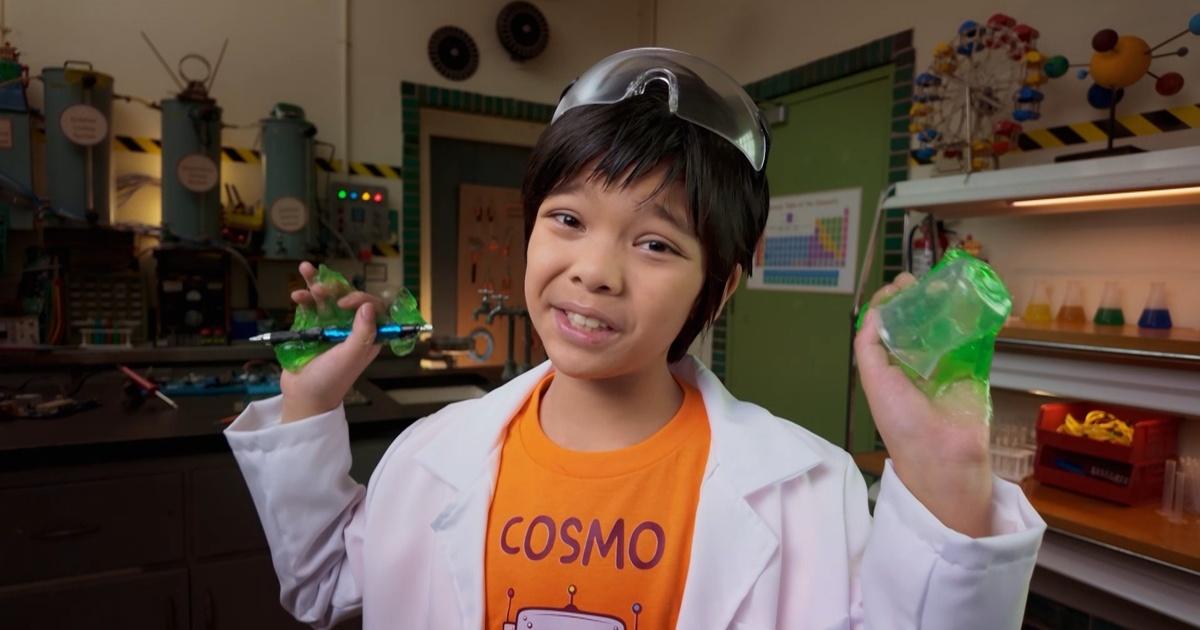
- Select a language for the TTS:
- UK English Female
- UK English Male
- US English Female
- US English Male
- Australian Female
- Australian Male
- Language selected: (auto detect) - EN
Play all audios:
The advancement of robotics to aid 21st century life has been remarkable in the last decade, however the concept of conversation has been a particular struggle for scientists. Now it has
even been suggested that teaching artificial intelligence the complexities of the human language can have “dangerous” consequences to life. Kiki Hempelmann, a computational linguist who
studies humour at Texas A&M University-Commerce, has claimed robots may even resort to “killing people because it thinks it is funny” if all goes wrong. Mr Hempelmann said: “Artificial
intelligence will never get jokes like humans do. “In themselves, they have no need for humour. They completely miss context. “Teaching AI systems humour is dangerous because they may find
it where it isn't and they may use it where it's inappropriate. “Maybe bad AI will start killing people because it thinks it is funny.” However Dr Tristan Miller, a computer
scientist and linguist at Darmstadt University of Technology in Germany, was more positive and insisted if this could be pulled off it would make AI more relatable. The boundaries of AI is
almost limitless and future technology could be advanced so robots could recognise sarcasm and even different languages. But Dr Miller acknowledges science is a long way off as robots do not
have “real world knowledge” in order to interact with jokes. Dr Miller said: “Creative language - and humour in particular - is one of the hardest areas for computational intelligence to
grasp. “It's because it relies so much on real-world knowledge - background knowledge and common sense knowledge. “A computer doesn't have these real-world experiences to draw on.
It only knows what you tell it and what it draws from.”








